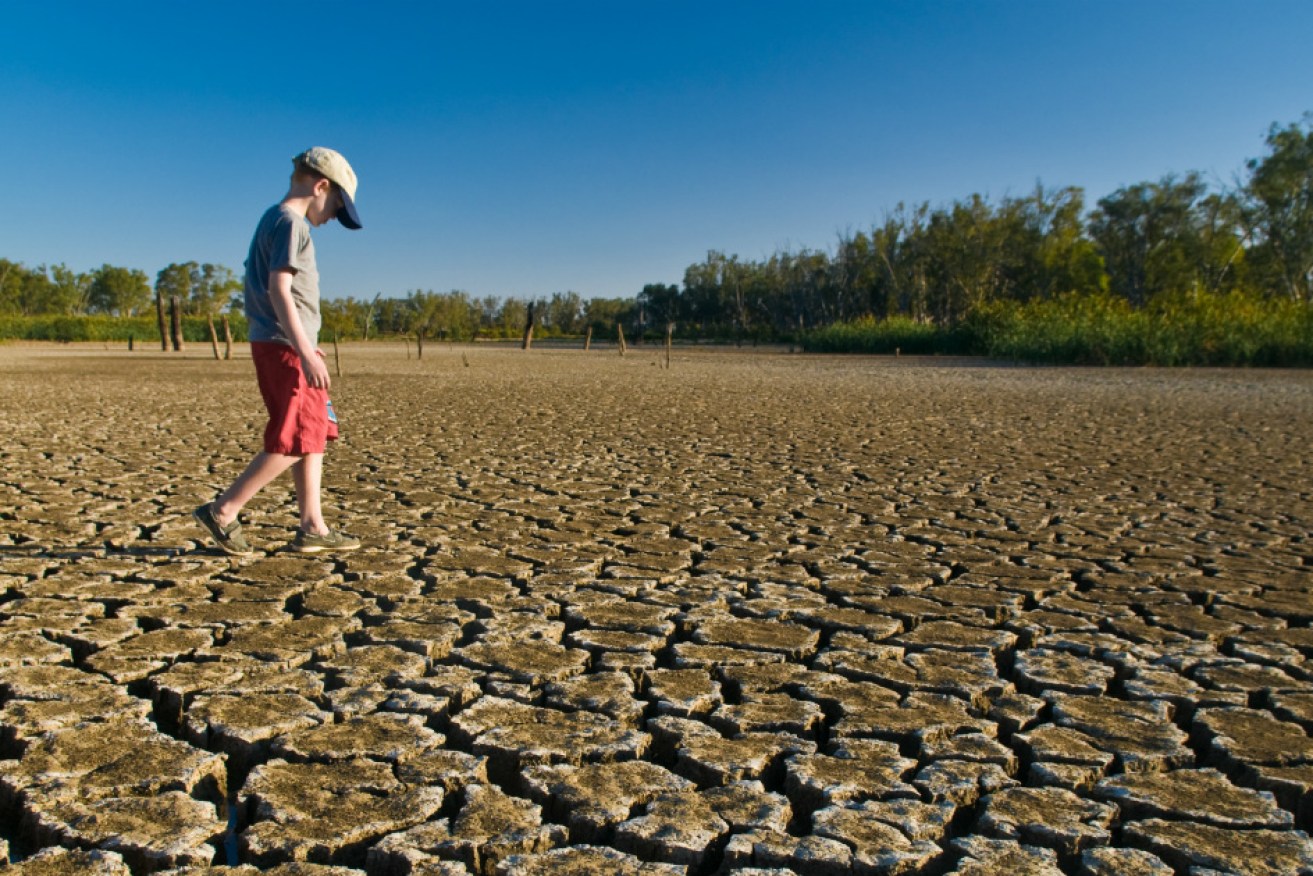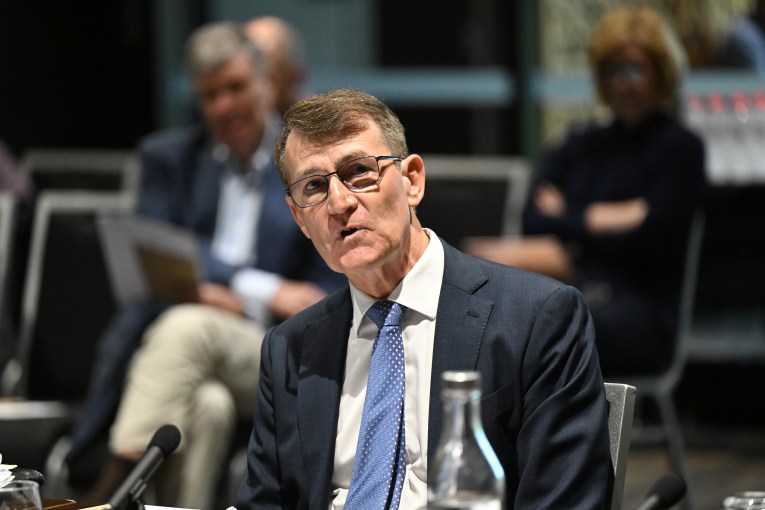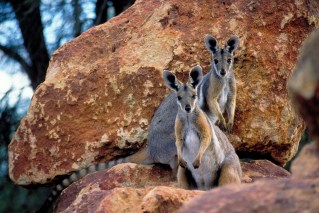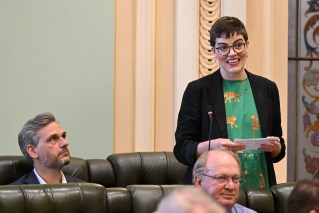Climate change a hot election issue, and it’s the Nats’ supporters who say so
Climate change has emerged as a growing concern among the state’s National Party voters, with more than half rating action on the issue a key priority when casting their vote in the federal election, a new survey reveals.


Image: Environmental Defense Fund
Showcasing a distinct schism between Coalition voters, climate change was ranked more important by intending National Party voters (54 per cent) when casting their vote on Saturday compared to Liberal Party voters (45 per cent).
The survey found there was also a consistent trend for National Party voters to answer survey questions in more pro-environmental ways than Liberal Party voters.
The Climate Action Survey by Griffith University researchers is the the widest and most comprehensive survey into Australians’ experiences, attitudes and actions on climate change.
It is the first set of results in one of the most ambitious climate studies conducted nationwide that will involve rolling annual surveys over the next five years that aim to capture changing perceptions about climate change and climate action.
The survey was conducted between 15 September and 31 October last year and involved 3,915 adults across the country.
Almost one in five respondents were Queenslanders, including 390 women and 360 men, and people who identified as “intending” to vote for either Liberal, National, Labor, Greens or One Nation in the federal election.
The survey found 87 per cent of all respondents indicated that they believed the next government should prioritise climate change.
More than three quarters of all respondents said climate change was important to them when they cast their vote.
The survey found 54 per cent of intending National Party voters rated climate change as a priority compared to 45 per cent of intending Liberal Party voters.
One in three One Nation voters also said the government taking action on climate change should be a priority.
A total of 2 per cent of people surveyed denied climate change as a reality and 5 per cent were sceptics.
Co-author Associate Professor Kerrie Foxwell-Norton said the public debate over climate change was over-simplified and “dishonest” because it misrepresented the reality of concerns across the political divide.
She said there was a disconnect between the way people were thinking and the way the public debate was being represented, and that regional Queensland was far from a handbrake on climate-change action as was often suggested.
“The survey shows people are really very concerned about climate change in significant numbers, and yet a lot of the public discussion and deliberation among politicians and industries seems to suggest there’s more clarity between positions. And there’s not,” she said.
“A picture is beginning to develop of people who are living close to the land, who are living in regional areas and witnessing really first-hand what it’s like to turn a tap on and no water comes out, or a river that used to flow, or a significant bushfire, and how that begins to impact these regional areas.
“This is part of a really difficult conversation, and we simplify it at our peril.
“It’s certainly more complex than just urban liberal black-turtleneck wearing, latte-sipping urbanites having a different view to people on the land.”
The study found Australians displaying high levels of concern and activity on climate change were typically aged 35 years or under, studying or university-educated, inner-urban residents and people residing in homes in which English is not the primary language spoken.
But people who had experiences of extreme weather, natural disasters, or perceived manifestations of climate change, including many in regional and rural areas, also registered growing concern.
The survey found 57 per cent of respondents believed that Australia had already started to feel the effects of climate change, 10 per cent believed that the effects would be felt within the next ten years, and a further 13 per cent believed that the effects would be felt within the next 50 years.
It found 5 per cent of respondents believed that Australia would never feel the effects of climate change.












